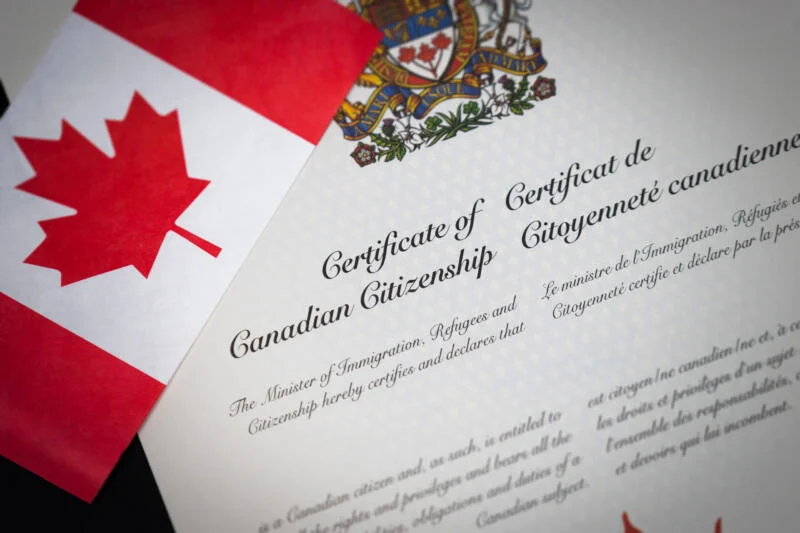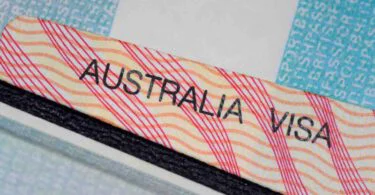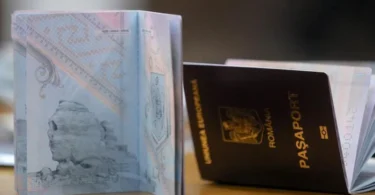Even though they finally become Canadian nationals, several immigrants to this nation strive to get dual citizenship to retain the advantages of being a national in their home nation.
Table of Contents
Meaning Of Dual Citizenship
Cual citizenship happens when a person lawfully owns two distinct passports simultaneously. When this occurs, the person holds the lawful status of a national in their home nation and Canada.
Note: Dual nationals are often required to obey the rules, mainly to whichever nation of citizenship the individual lives in at the period.
Dual Citizenship: Advantages And Disadvantages
There are numerous benefits that Canadian immigrants can enjoy by maintaining dual nationality after becoming Canadian citizens. These include:
- The capacity to handle two passports at the same time
- The capacity to retain qualification for and access the liberties and programs obtainable to nationals of the two nations.
- Facilitated travel between the two nations where a person is a national (this usually also applies to any applicable allied nations).
Instances may involve the capacity to access Canada’s social schemes, some of which are only obtainable to nationals, and the capacity to have properties to their name in the nation.
However, it’s important to be aware of the potential implications before pursuing dual citizenship. For instance, in some cases, dual citizens may be required to comply with the tax laws of both countries, potentially leading to double taxation. Other obligations in the home country, such as military service, could complicate the immigrant’s new life in Canada. Being prepared for these implications is key.
Can I Become A Dual Citizen?
An immigrant’s capacity to become a dual national is based mainly on the laws and guidelines developed by their home nation’s authority. On the contrary, even though Canada permits international citizens to maintain their original nationality when they become nationals here, Canadian settlers may only become dual nationals if their nation of origin permits it.
So, settlers who finally look for Canadian nationality are advised first to check the laws and guidelines of their home nation to completely know what will happen to their present nationality status if they become Canadian nationals. The list below summarizes whether immigrants from each of Canada’s top new permanent residence source nations can retain dual nationality if they eventually decide to apply to become Canadian nationals.
India
Immigrants from India and Canada cannot have dual citizenship when they become Canadian nationals. According to the Indian authority, applying for Indian nationality once becoming a national of an international nation or continuing to handle and get an Indian passport is a punishable offense by law. Indian citizens who are Canadian nationals may, hence, seek an Overseas Citizen of India designation.
United States Of America
The United States of America authorizes dual citizenship for American citizens who become Canadian nationals. This implies that nationals of the United States can seek citizenship in Canada without having any issues concerning its effect on their status as a national south of the border.
If you enjoy this article, don't miss out on the valuable insights and information available in our other related posts:
- Canada Extends PGWP Eligibility: New Laws For International Students
- US To Introduce Domestic H-1B Visa Renewal System In 2025
- Finland Tighten Laws For Non-EU Work Permit Holders
- Invitation Letter For US Visa: Revolutionize Your Visa Application
- Get Your UK Health And Care Worker Visa With Family Without Agent Support
China
Immigrants in Canada from China cannot handle dual nationality since this kind of nationality needs to be lawfully identified in China. Based on the Canadian Government travel advisory, updated last in July 2024, China may decline to offer Canadian travelers access to Canadian consular services overseas if they regard you as a national of China.
So, the Canadian authorities recommend that Chinese citizens travel to China with an authentic Canadian passport and always present themselves as Canadians to international bodies.
Philippines
Canadian nationals who relocated from the Philippines are authorized by local bodies to retain dual citizenship. This implies that Filipino-born Canadian nationals born before 1973 may apply to maintain or keep their local nationality if they possess at least one Filipino parent when they were born.
Note: Canadian people with at least one Filipino parent at birth are already regarded as dual nationals of Canada and the Philippines.
Afghanistan
Dual citizenship is not lawfully identified in Afghanistan. This implies that, as is the situation in China, Afghan authority officers who regard a Canadian national traveling there as national if Afghanistan may decline the traveler’s entry to Canadian consular services.
Nigeria
Nigerian-born immigrants who later become Canadian nationals can retain dual nationality. Hence, the Nigerian authorities would not permit Canadian nationals to become naturalized in Nigeria later.
Pakistan
Pakistan is another nation that does not identify dual citizenship, even though it possesses dual nationality. Even though Pakistan has a dual nationality consensus set aside from Canada, Canadian nationals are free to seek nationality in Pakistan. Still, any Pakistani-born immigrants who get Canadian nationality must withdraw their home nation’s nationality at that period.
Cameroon
Cameroon does not lawfully identify dual Canadian-Cameroonian nationals. Similar to China and Afghanistan, Cameroonian government officers may decline to offer entry to Canadian embassy services when overseas if they regard the person as a Cameroonian national.
Iran
After relocating from Iran, Canadians need help handling dual citizenship. This is because dual nationality is not lawfully identified in Iran. While this may also result in denying entry to Canadian embassy services for travelers regarded as Iranian nationals by local authorities, the Canadian authority also suggests that Canadian-Iranian nationals must ensure they enter and leave Iran using their Iranian passports.
The Canadian authority further cautions that Canadian nationals traveling to Iran may only be allowed to exit if they satisfy specific requirements.
Eritrea
Dual nationality is not lawfully identified in Eritrea. Since this is the case with so many other nations, Canadian nationals traveling to this nation may be refused access to Canadian embassy services if local bodies regard them as nationals of Eritrea.





